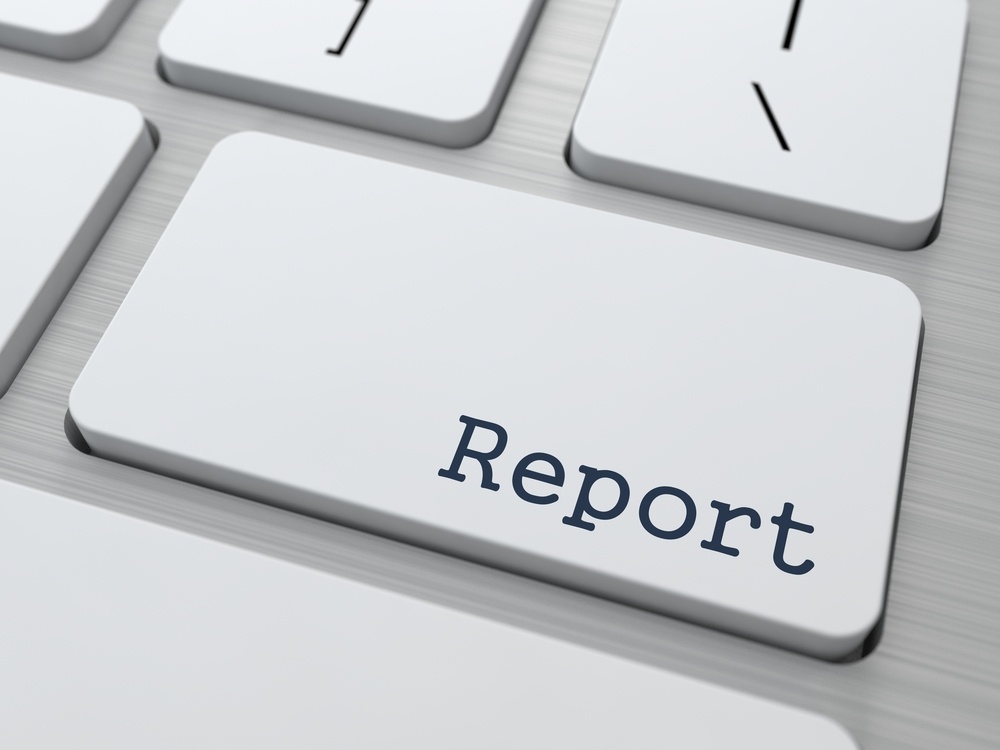What is a Business Credit Report?
A business credit report, maintained by the major credit bureaus, provides a birds-eye overview of a small business's credit history, payment trends,...

Establishing and maintaining strong business credit is crucial for any small business seeking to secure financing, negotiate favorable terms with suppliers, and build a solid reputation in the market. However, certain missteps—some of which are overlooked—can harm a business's credit profile.
By proactively managing your business credit, you can protect your company's financial health and position it for success and stability in your industry. This blog post from Huddle Business Capital highlights seven common credit-related mistakes that entrepreneurs should steer clear of.
Missing payments or failing to pay bills on time is one of the most common mistakes made by small business owners. This often leads to late fees and strained relationships with suppliers, both of which can compromise the business's financial stability. Moreover, missed or late payments can result in a lower credit score, which can hinder a business's ability to secure loans, credit lines, and other types of financing.
Therefore, ensure that you have internal systems in place to receive notifications when your bills are due, and pay them on or before the due date. This proactive approach will help you stay organized, avoid unnecessary fees, and protect your business credit.
A Uniform Commercial Code (UCC) filing is a legal document that a lender submits to notify others that it has a secured interest in a borrower's personal property. The UCC filing allows the lender to formally claim the collateral that the debtor has pledged to secure their business financing. An incorrect UCC filing can jeopardize business financing, disrupt business operations, and create liability issues for the business.
Common issues with UCC filings include misspelled names or addresses, incorrect descriptions of collateral, and inconsistent information. You can request a credit report from one of the credit reporting agencies to stay on top of your UCC filings and correct any errors, if necessary.
It's essential to utilize your business's credit to make necessary purchases (e.g., inventory, furniture, supplies) on a regular basis. Doing so can help build your business credit score. However, be cautious not to exceed your business credit limit, as doing so can lead to significant issues. For instance, maxing out your credit can leave you with little available credit for unexpected emergencies that may arise or when you need to purchase time-sensitive inventory or supplies.
Just how much credit should your business use? There is no one-size-fits-all answer to this question, but it is commonly agreed that businesses should try to keep their credit utilization below 30%. Credit utilization is the percentage of your total business credit used from the total credit available to your company. For example, if a business has a debt of $10,000 and a total available credit of $50,000, the credit utilization ratio would be 20%. This is calculated by dividing the debt by the total credit available: $10,000 / $50,000 = 0.20, or 20%.
It's no secret that credit card companies charge interest on unpaid balances, which typically range from 12% to over 20%. If you have a significant balance on your business credit card, it is important to pay it down to avoid incurring high interest charges. By doing so, you can improve your financial health and free up your available credit and cash for other important business expenses.
Owning a business doesn't require you to dip into your personal finances for expenses or investments associated with your company. If you use your personal funds (e.g., personal savings, personal line of credit, personal credit card) for business-related expenses, you are at risk for financial and operational risks.
For example, this could reduce the amount of credit available for both your personal and business needs. It may also negatively affect your personal and/or business credit score. Additionally, mixing personal and business finances raises a red flag for the Internal Revenue Service (IRS), which could lead to an audit.
In summary, maintaining a clear boundary between your personal and business finances can safeguard both your personal and business assets, providing a more accurate picture of your company's financial health.
Working with vendors and lenders that do not report payment histories to credit bureaus will not help improve your credit score, even if you consistently make timely payments. This highlights the importance of selecting vendors that actively report to the major credit agencies.
When you build relationships with these vendors and lenders, every on-time payment you make contributes positively to your credit score. This reflects your reliability and financial responsibility to potential lenders and partners. It's worth inquiring whether your vendors and lenders provide credit reporting, as this can further enhance your financial credibility.
By keeping an eye on your credit report, you can identify any inaccuracies or discrepancies that may harm your credit score. These inaccuracies could result from clerical errors, unintentional late payments that might have been overlooked, or even the more serious issue of identity theft.
Catching these and other related issues early—and addressing them promptly—can prevent potential damage to your company's creditworthiness. You can purchase a copy of your company's credit report from one of the top-three credit reporting agencies: Dun & Bradstreet®, Experian®, or Equifax®.
Huddle Business Capital is not affiliated with nor endorses Dun & Bradstreet®, Experian™, or Equifax®. This Huddle Business Capital blog article is purely educational and contains general information and opinions; it is not intended to provide advice or recommendations of any kind.

A business credit report, maintained by the major credit bureaus, provides a birds-eye overview of a small business's credit history, payment trends,...

One of your most important goals as a business owner is to achieve a good business credit score. A good business credit score demonstrates your...

Having a good business credit score is essential for several reasons. First, it can make it easier to secure capital with favorable terms. Next,...